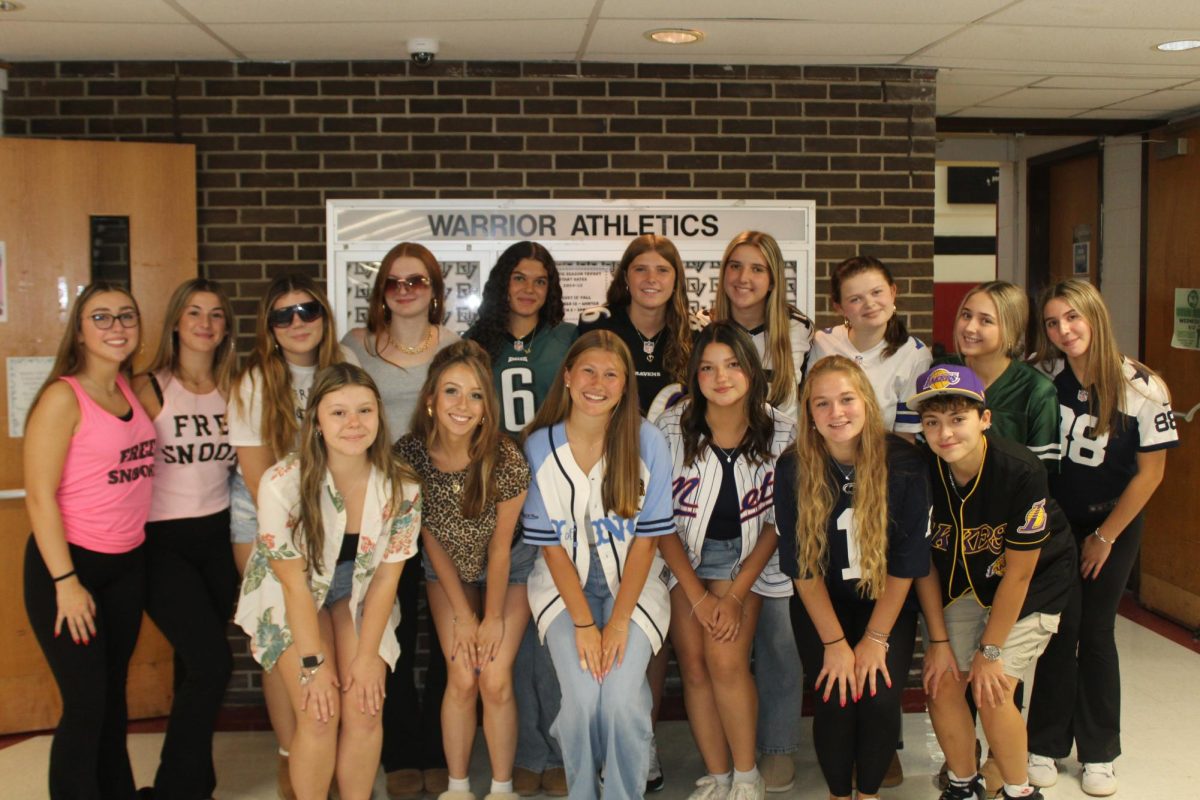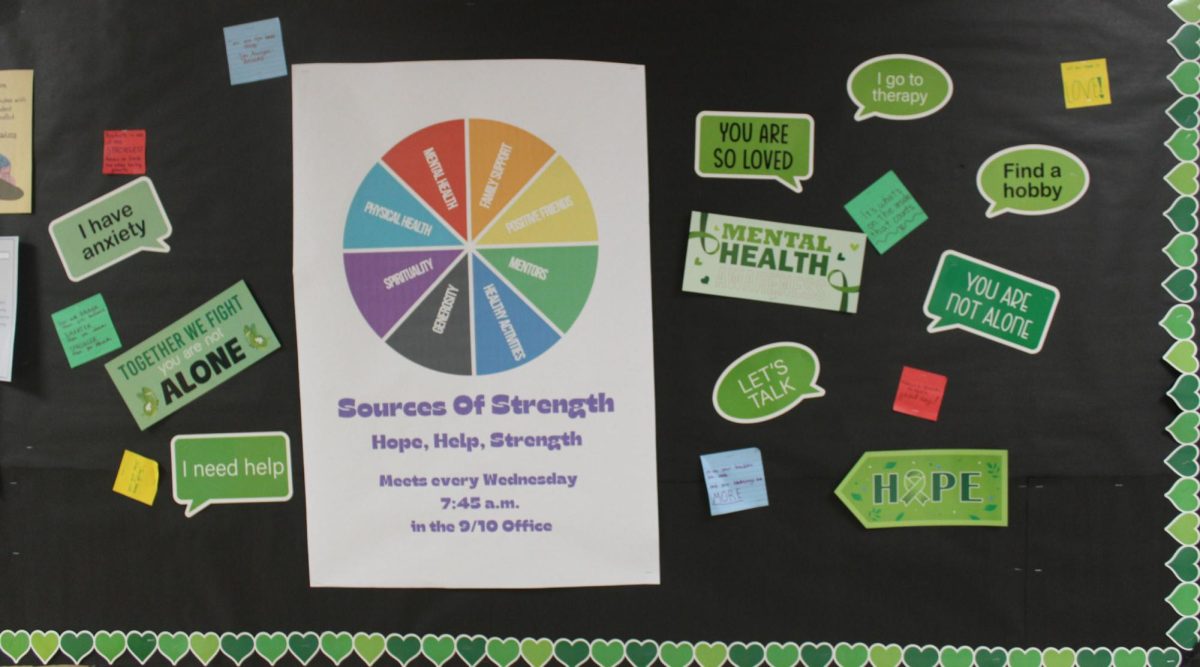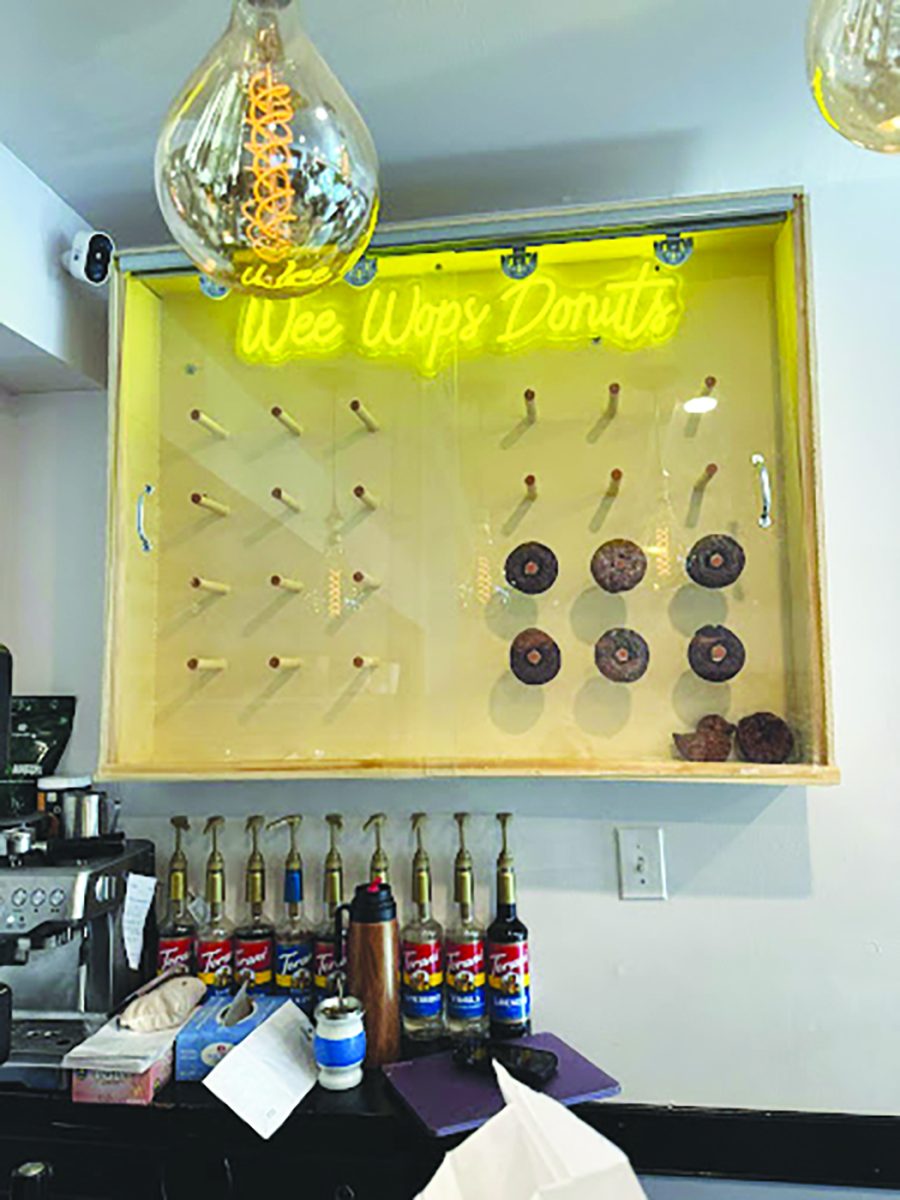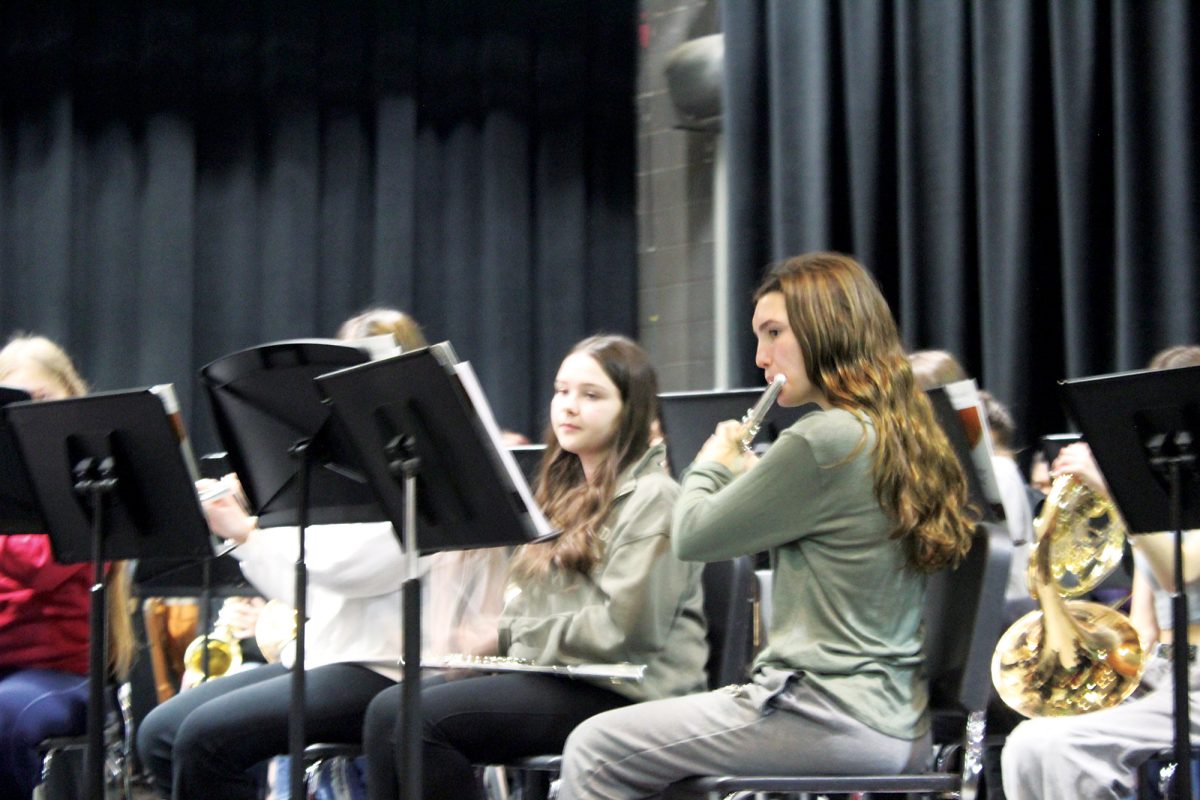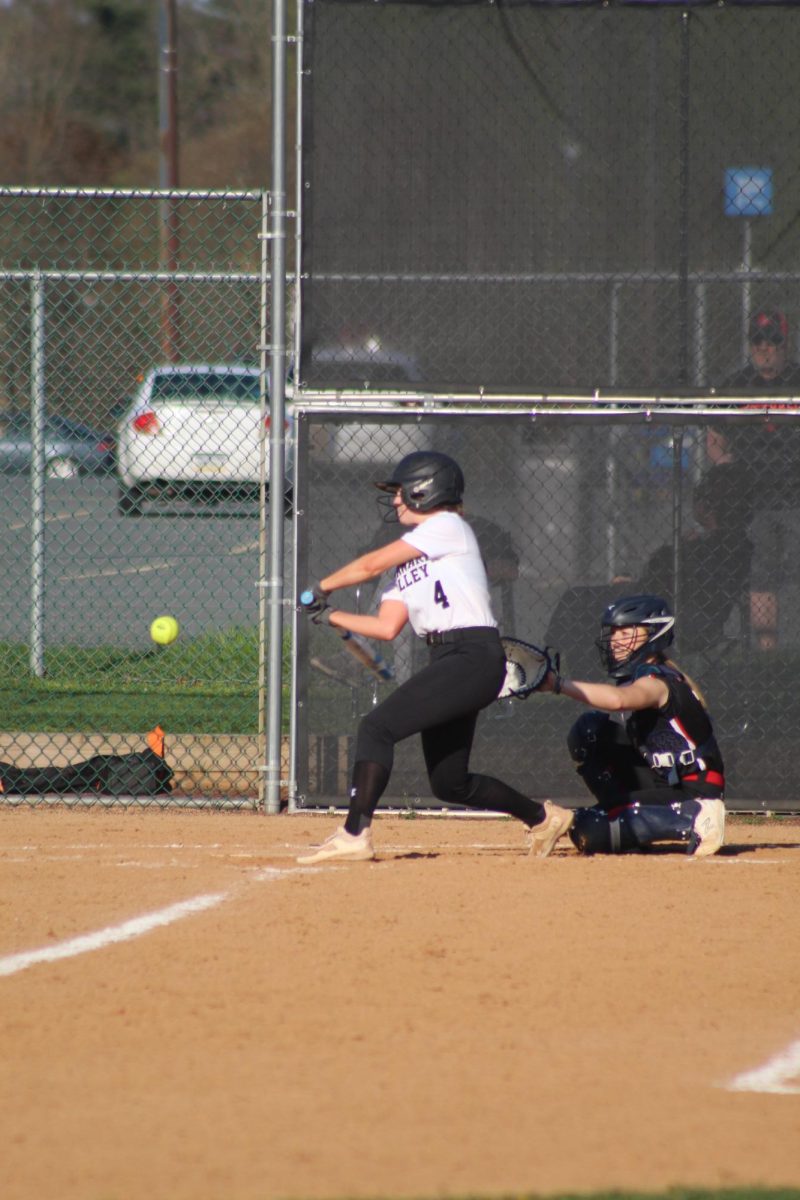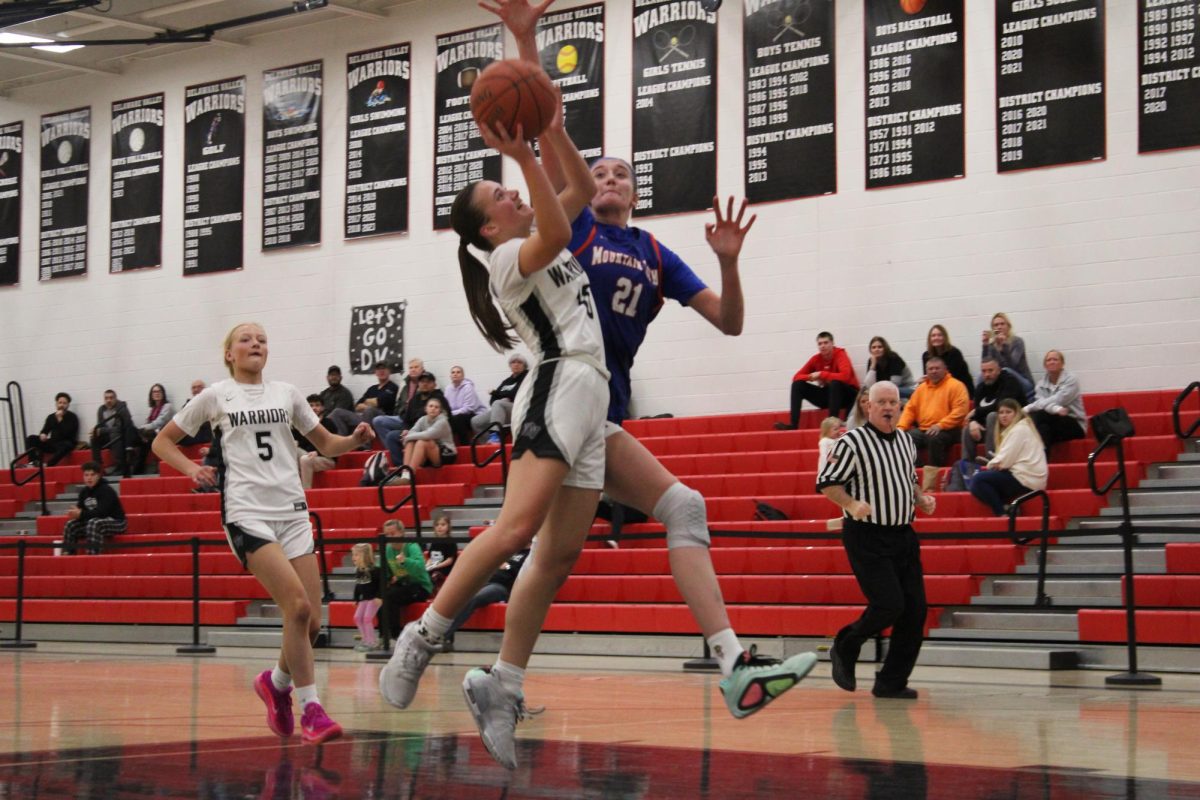Professional Learning Communities, or PLCs, are a way for teachers to collaborate with other teachers who teach the same course to ensure students are being assessed uniformly.
“No student should be given a different assessment that’s easier or harder than another student,” administrator Ms. Jessica Hubal said.
At least once a month, teachers meet in order to discuss the curriculum, test dates and rewriting tests and analyzing results to make the course better for students.
“I feel like since we’ve been doing PLCs, it really makes the team approach to working at DV,” math chairperson and teacher Mrs. Christine Marcial said. “You don’t feel alone in creating your own materials.”
While teachers and administrators feel that PLCs are helpful, some students feel as if it is not truly being executed to its full potential.
“In the past, I took a class that was important, and I felt behind because all of the other classes were ahead,” senior Noelle Holderith said.
Holderith feels as if classes should be taught similarly because it keeps students taking the same subjects but in different classes on the same page. She also believes that PLCs affect students more than teachers.
Ms. Hubal recalls her personal experience in high school, saying that even during her time in school, students would discuss the difficulty of the teachers.
“We want to try and eliminate that stigma,” Ms. Hubal said. “It’s the same course no matter what teacher you have.”
Senior Anna Sickler feels that one of her AP classes was taught differently than the other classes.
“In my class, we would have almost 100 question tests, and then in another teacher’s class they would only have 30 question tests,” Sickler said. “They would also have a lot of projects and take home tests to boost their grades.”
PLCs have the potential to foster communication among teachers within their departments, but they are only effective if teachers work on implementing PLC policies.

